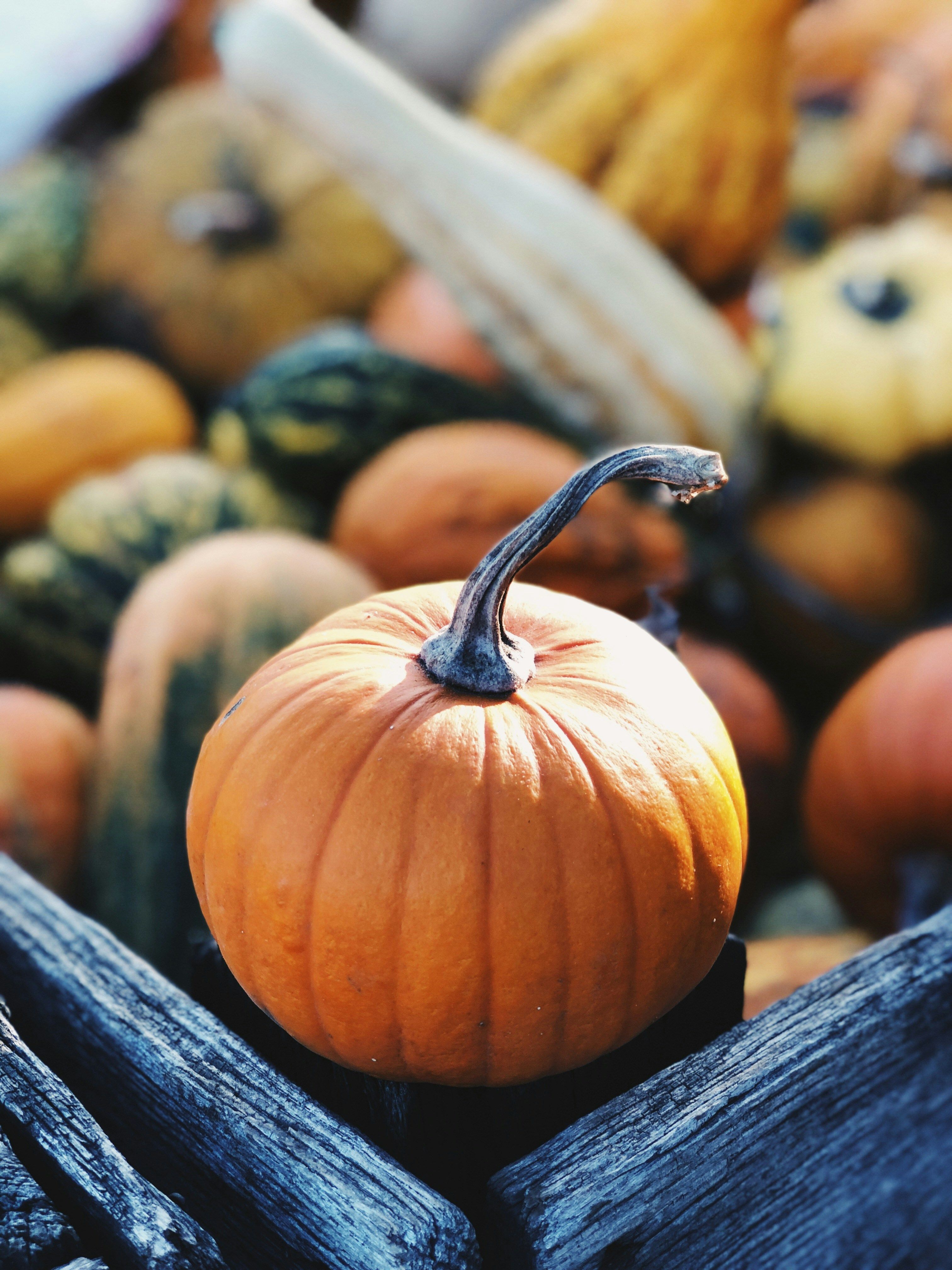Standing Up Against Online Torment of Student-Athletes During March Madness
College Leader Issues Warning Against Athlete Exploitation Amidst Anticipated $3.1 Billion Revenue from March Madness
Modern times have witnessed an alarming escalation of online bullying targeting student-athletes, particularly during March Madness. The intensifying trend mirrors the burgeoning acceptance and liberalization of sports gambling across the United States. Measures are being set in motion to counter these harmful actions:
Awareness Crusades
- BetterHelp's "Stop the Madness" Campaign: This initiative is geared towards combating cyberspace vitriol and targeting college basketball players. It sheds light on the mounting predicament of online abuse and endeavors to raise awareness about the mental health consequences it inflicts on athletes [3].
Legislative Reforms
- Prop Bet Restrictions: Numerous states are exploring or have already implemented restrictions on prop bets on college players as a means of curbing the inducement for harassment and preserving the integrity of the events. North Carolina, for example, has a bill under review to prohibit such wagers postulated on similar initiatives in other states [5].
- State Gaming Regulators' Involvement: Regulators are instrumental in enforcing these restrictions and keeping tabs on sports betting activities to stamp out suspicious tendencies leading to further harassment and potential mishaps.
NCAA Activism
- NCAA Advocacy: The NCAA takes a firm stance against bettor disgust toward student-athletes, imploring states to outlaw prop bets on college players. NCAA President Charlie Baker voiced the deplorable nature of such abuse and its detrimental impact on athletes' mental health [1].
Social Media and Athlete Reactions
- Athletes like Duke’s Dariq Whitehead and Alabama's Grant Nelson often downplay the tribulations, instead focusing on their performance. Nonetheless, these dismissals do little to diminish the mounting concern for the welfare of student-athletes due to gambling-related ridicule [1][4].
Roles of State Gaming Regulators
State gaming regulators are key players in these initiatives by:- Enforcing Prop Bet Limitations: They are accountable for making sure that any bans on college player prop bets are adhered to stringently, thus minimizing components that could lead to harassment.- Reviewing Betting Trends: Regulators scrutinize suspicious gambling tendencies that could signal integrity issues or fraud, as revealed in recent investigations such as the Temple basketball game peculiarities [1][5].- Collaboration with the NCAA: They collaborate closely with the NCAA to execute protective measures that safeguard student-athletes and keep college sports honest and fair, thereby creating a safer environment for athletes during major events, like March Madness [5].
- The NCAA, under the leadership of President Charlie Baker, is advocating against bettor disrespect towards student-athletes, urging states to ban prop bets on college players.
- State gaming regulators are enforcing limitations on prop bets on college players, minimizing elements that could lead to harassment, thereby promoting a safer environment for student-athletes during major events like March Madness.
- Regulators are examining betting trends for suspicious activities that could signal integrity issues or fraud, as demonstrated in recent investigations like the Temple basketball game irregularities.
- BetterHelp's "Stop the Madness" Campaign, aimed at combating online abuse targeting college basketball players, reflects an ongoing effort by individuals, organizations, and regulatory bodies to address the dangers of online bullying, particularly during NCAA basketball and other sports events.








